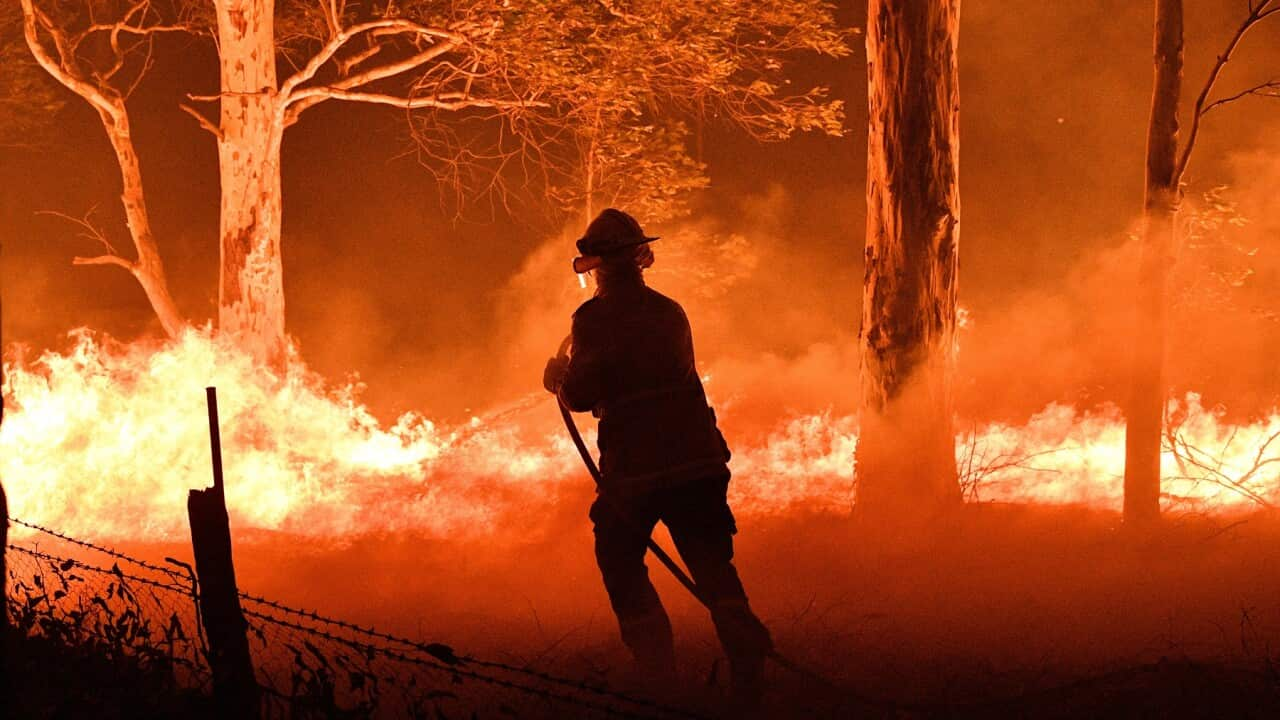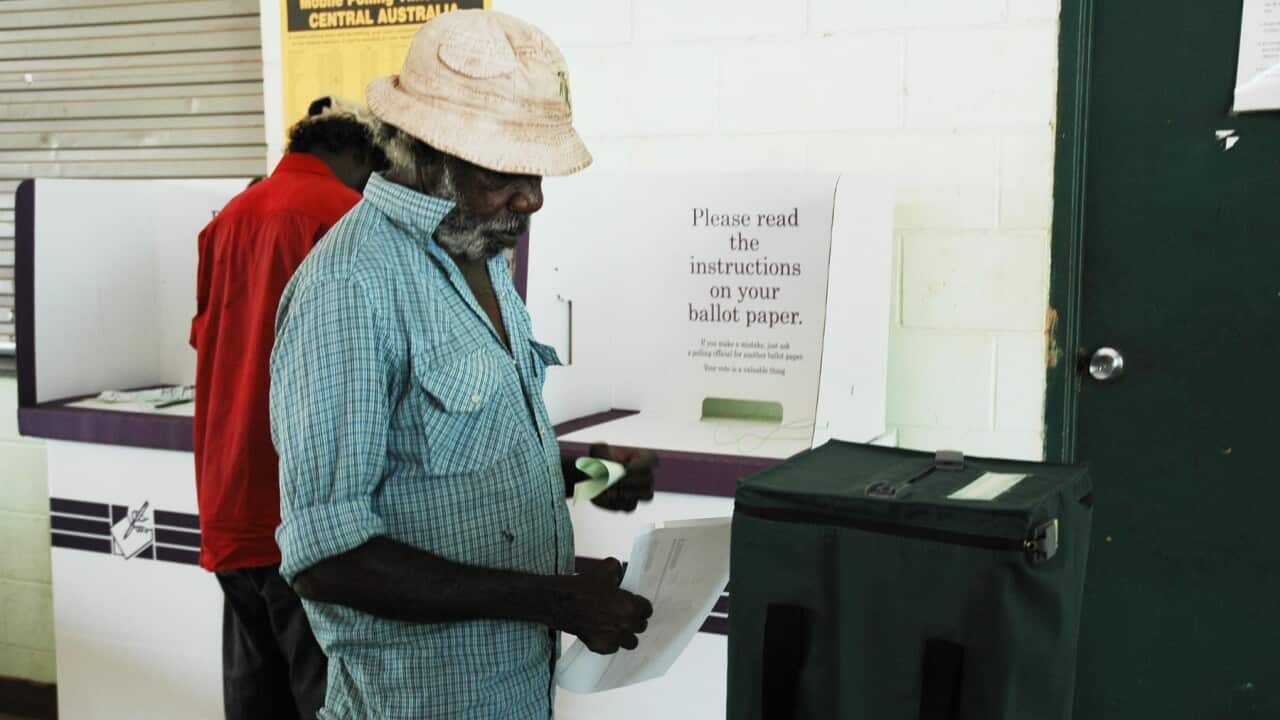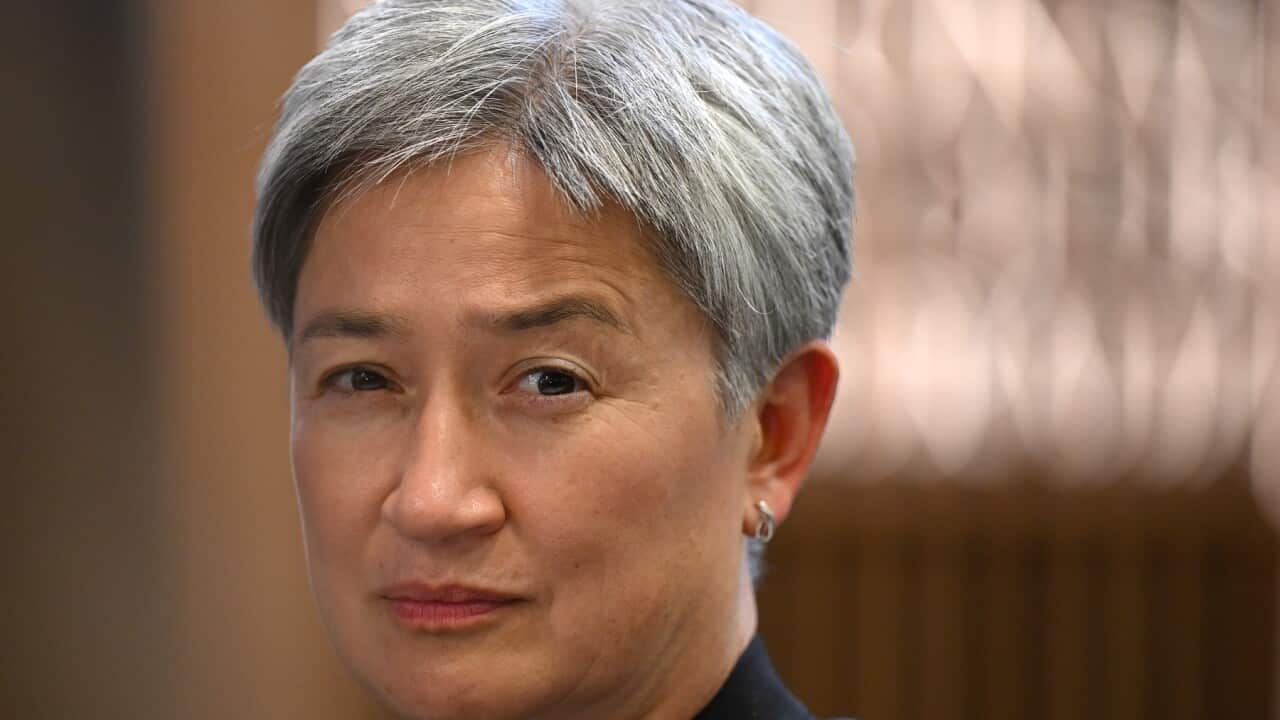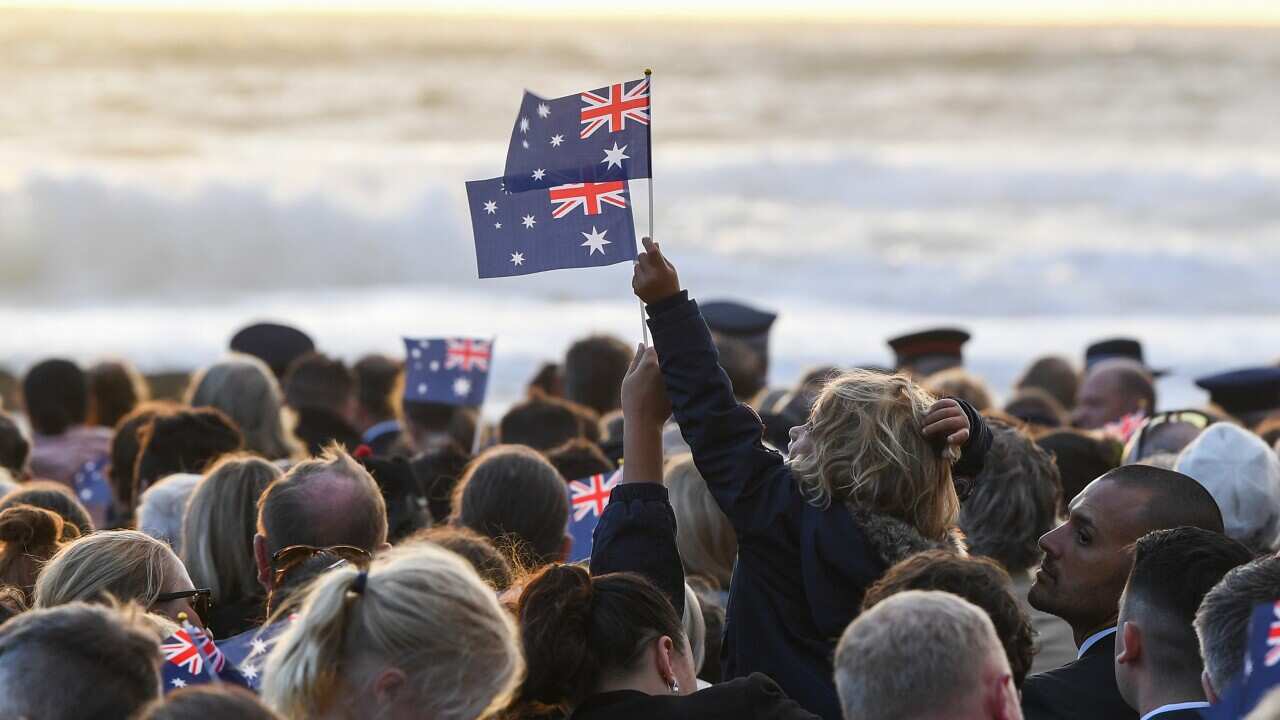Produced in collaboration with SBS Chinese
TRANSCRIPT
In February 2009, fire caused major damage to Jenny Ye's farm in central Victoria.
"The fire come down to this hill and back of our house. My husband fought it and he was so distraught he thought that he going to die. He called the triple zero. But because after that time was a chaos. No police or no fire brigade available for anybody because they're all too busy. People dying everywhere.”
The fires, now known as Black Saturday, killed 173 people, including 11 in Jenny's town.
The couple's home was spared but the farm was badly damaged.
This year, Victoria experienced its warmest winter on record.
Country Fire Authority Chief Officer Jason Heffernan says this has prompted authorities to declare the bushfire danger period early.
“Due to changing climate factors, fire season, starting earlier than what we're normally used to and also lasting a bit longer. Winter rainfall was very low across much of the state in those regions, which led to some real soil dryness, which means that fire conditions are a lot worse than what we'd normally see in those parts of the state this year.”
Queenslanders have also been warned to prepare for cyclones, fires and floods in the coming months.
But there are concerns that residents in multilingual and migrant communities may not be getting the message.
“ We have people who are coming from places where there was no functional or no emergency service at all. Then now when you move into a system, sometimes there is the assumption that everybody knows that you'll call triple zero. We realized even there are some people who didn't actually even know that triple zero is the number to call for all the emergency services.”
Richard Ogetii is the Community Executive Officer at the Albury-Wodonga Ethnic Community Council on the New South Wales-Victoria border.
He's been involved in research with La Trobe University to identify how the growing Indian and Congolese communities in the region engage with emergency services.
“ Sometimes we say websites are the best places to hide information because people don't go to check information on websites. So you need to consider other forms of communication like audiovisual information so that it's not an issue of saying, yes, go read or yes, we have put this information on our website, go look for it.”
One solution could be artificial intelligence - this is an AI-powered two-way video translation.
Woman speaks in Indonesian Bahasa followed by an English AI translation: "Then how do firefighters know where I am?" Followed by a woman saying in English
"Our team is coming, we've been briefed on your exact location.”
The program is currently being tested within communities in seven languages by the NSW Office of the Chief Scientist, for use by the Rural Fire Service and State Emergency Services.
Tat Banerjee is the CEO of the company behind the technology, VideoTranslatorAI.
“So phase one of the pilot is where we're going to be testing the one-way outbound communication, so emergency alerts, warnings for bushfires, things like that. However, what it turns out is really important is also ability of the community to reach back out to community liaison offices of folks within the SES and RFS. And for them we have two-way video translation capability. Think Zoom, except you also get the captions in your language and the AI will speak out to you in your language.”
VicEmergency has also trialled another app which translates emergency warnings into Arabic and Simplified Chinese. The pilot is now under review.
But Professor Raelene Wilding from La Trobe University says language is not the ONLY issue.
“People are bringing with them culturally based, place-based understandings of what fires, floods and heat look like and how you should respond to them. And I think one of the real struggles for people has been working out how do these things work here, and how do I respond in this situation, because what I used to know doesn't apply.”
Richard Ogetii says some people in migrant communities may distrust authorities or have cost concerns about emergency services.
“People were saying, "Well, we pay for an ambulance, which is a small vehicle. If fire engines came up, how will we afford?". So the option is, I shouldn't call because I can't afford to pay them. So some of those basic things which look basic or assumptions need still to be explained for community members to understand.”
Inspector Ben Shepherd from the New South Wales Rural Fire Service says it's vital fire agencies connect with multilingual communities.
He also encourages community members to support each other to be aware of the risks.
“The best thing that we can actually do is help inform our neighbours, understand what their plans are, because there may come a time that we need to rely on each other, either protect our properties or importantly as well, if our plan is to leave, where are we going and what options we may have to take.”
Richard Ogetii agrees. He's part of a partnership between the Victorian government, emergency services and more than 1000 community members, working to spread safety messaging before natural disasters strike.
That's information, Jenny Ye - who faced the horrors of Black Saturday - believes would be invaluable.
“When you panic you don't know how to overcome the problem. So I think the information, well-informed people, they can make a better decision.”













